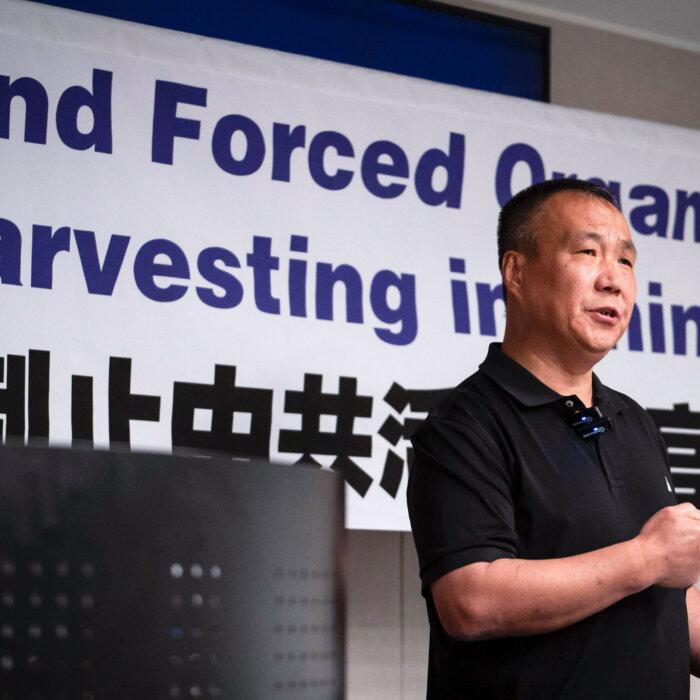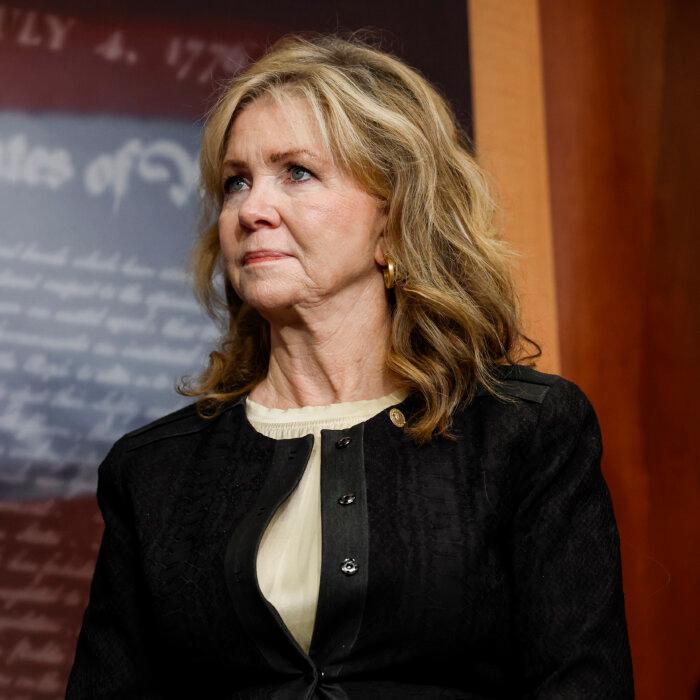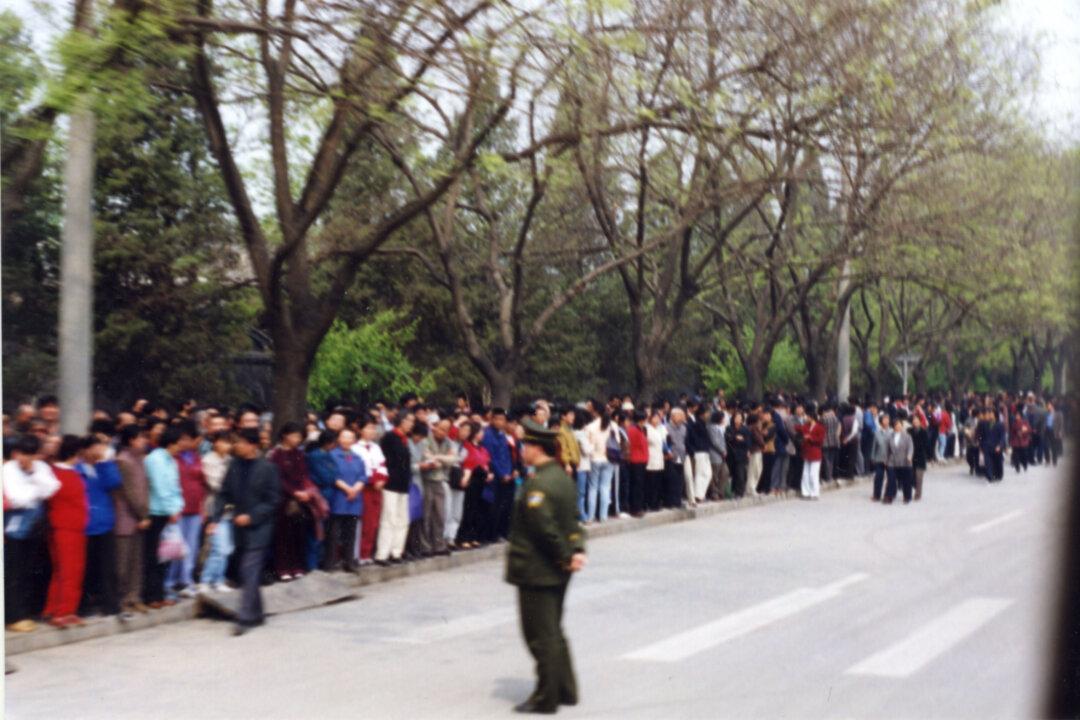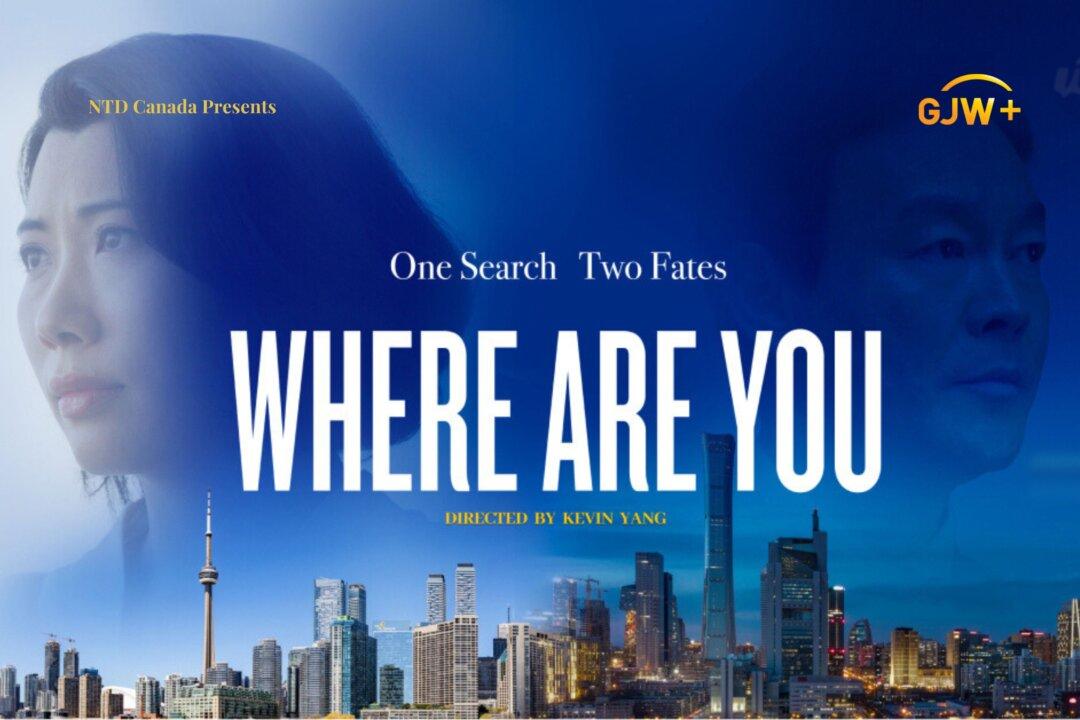Commentary
On International Human Rights Day it is timely to consider the origins and foundation of human rights.
Are human rights a political construct that reflects the changing moral and ethical foundations of societies today, or are they bestowed by the Creator?
The July 4, 1776, U.S. Declaration of Independence is known as the first formal statement by a nation’s people asserting their rights, including to choose their own government.
The Preamble includes the statement: “That all men are created equal, that they are endowed by their Creator with certain unalienable rights, that among these are life, liberty and the pursuit of happiness.”
On Dec. 10, 1948, following the atrocities associated with the Second World War, the U.N. General Assembly adopted the Universal Declaration of Human Rights (UDHR).
In addition to the UDHR, which refers to 30 human rights, today there are the associated rights derived from the International Covenant on Civil and Political Rights, the International Covenant on Economic, Social and Cultural Rights, the Convention on the Rights of the Child, the Convention on the Rights of Persons with Disabilities, and rights and principles from the U.N. Declaration on the Rights of Indigenous Peoples.
The more complex societies have become, it seems the more comprehensive the political instruments have become to protect the rights of people.
Life, Liberty, and the Pursuit of Happiness
People will all agree that human life should be protected. Who would want to be killed, or for their children, or relatives to be killed?We all want liberty, to be free, within the various contexts of what it means to each person, along with social constraints of how we may impact others.
Some may pursue happiness through seeking pleasure or the absence of pain. Or through pursuing a lifestyle of self-indulgence, accumulating wealth, and material goods. And then comes death.
There is much wisdom in the old saying, “The best things in life are free.”
Health, friendship, compassion, and the fulfillment that comes from cultivating kindness within oneself.
There’s also peace of mind and contentment that can arise through self-knowledge and finding one’s place in the universe. A happiness that cannot be bought or taken away.
That may be the happiness the Founding Fathers were referring to.

Antonio Guillem/Shutterstock
Such unalienable rights were also deemed to be endowed by the Creator. Life is not created by man, or human beings. Life is given or bestowed by the Creator.
Human beings can do many things. They can kill and take away a life, but they cannot create Life.
A foundation of human rights that acknowledges the Creator, imbues in people a respect for the sanctity of life, and respect for fellow human beings.
It becomes a person’s inner self that truly guides their actions; seeing that hurting another will also hurt oneself. It is more than compliance with an external human law.
Socialist and Liberal Traditions on Human Rights
Manfred Nowak, a world-renowned professor of international law and human rights, and former United Nations Special Rapporteur on Torture, wrote a book on the history of the U.N. Covenant on Civil and Political Rights: CCPR Commentary.He describes the tension between the socialist and liberal traditions on human rights as in Articles 19 and 20, about freedom of thought and expression.
Broadly, the socialist objective interprets human rights as an instrument to ensure democratic participation within the state, while liberal traditions seek to protect the universal rights of the individual to form their own opinions free from external indoctrination.
The socialist approach to human rights can be seen as a framework of equal rights—the right to work, the right to education, the right to housing, the right to health, the right to leisure, and recreation, and so on.
The classical liberal approach to human rights is narrow and underpins people exercising their freedom.
It protects individuals against the abuse of power by government, believes that people own their own lives and the pursuit of their enterprise, while ensuring they do not harm others.
Tim Wilson, a former Australian Human Rights Commissioner, considers there is a fundamental lack of understanding about human rights because they have been disconnected from their foundational principles.
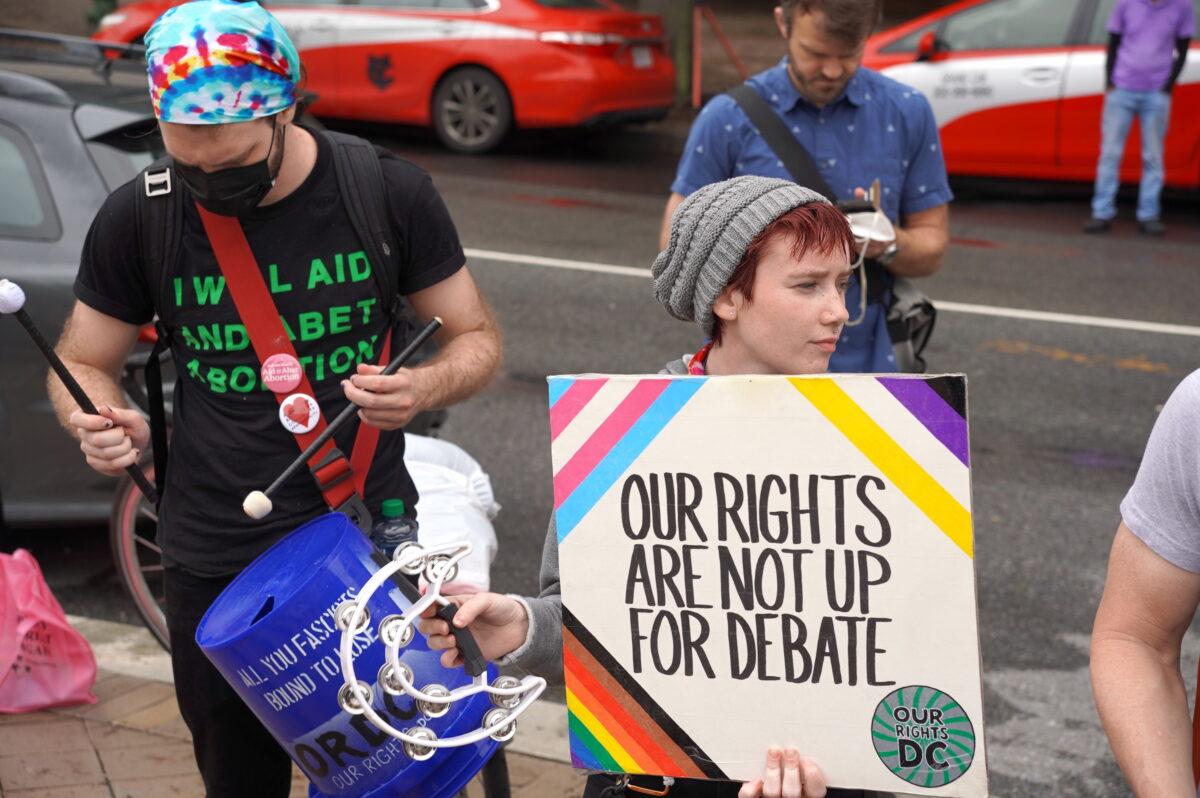
Transgender activists protest against an “Our Bodies, Our Sports” rally at the Freedom Plaza in Washington, D.C., on June 23, 2022. Terri Wu/The Epoch Times
In his 2014 speech, “The Forgotten Freedoms—Freedom of Religion,” he outlined four points to highlight the confusion around human rights and the development of treaties under the banner of human rights.
“One. Human rights are not the same as civil rights. Human rights are universal and exist from birth; civil rights are the gift of citizenship.
“Two. Human rights are not the same as social justice. Human rights are about uncompromisingly protecting the autonomy of the individual; social justice is broadly about advancing equity.
“Three. Human rights are not the same as anti-discrimination. Apart from equality before the law, human rights can actually be about exercising discrimination, such as free association; whereas anti-discrimination is about removing unjust prejudice.
“Four. Human rights are not about protecting groups of people. Universal human rights can only exist for individuals, by comparison group rights cannot be extended to everyone.”
With the rise of Beijing’s influence at the United Nations, there is also the growing issue of “state-based” rights. The Chinese Communist Party (CCP) is seeking to subvert the U.N. human rights system by pushing for “state-based” rights to replace individual human rights.
Traditional Chinese Understanding
Meanwhile, the traditional Chinese understanding of life has the concept of Yin and Yang, which has permeated every aspect of Chinese culture for thousands of years. It can manifest as what we may consider “opposites.” For example, female/male, internal/external, and so on.As conscious human beings, we have an internal aspect of self-cultivation, or self-control, of consciously choosing how we respond in our words or actions.
If internal cultivation is neglected, it may lead to more external behavioural and emotional responses that negatively impact others, which can also lead to more laws and regulations to maintain a stable society.
Before 1949 and the impact of the CCP, China had a long history of Taoist and Buddhist teachings, and Confucian texts that emphasised moral and ethical principles.
Although different from a Western concept of human rights, they did serve a similar role of considering others, rather than just oneself, and were not enforced as such, but adopted voluntarily as a way of living in harmony.
This concept of harmony linked earthly life to Heavenly realms.
“The Book of Documents (Shujing) or Classic of History,” is one of the Five Classics of ancient Chinese literature, dating to the sixth century BC. It encapsulates the Chinese people’s traditional relationship with Heaven, that Heaven watches over the people, and looks after them.
Following the turmoil of the Cultural Revolution, there was a brief period in the 1980s when some traditional aspects of Chinese culture were permitted by the CCP.
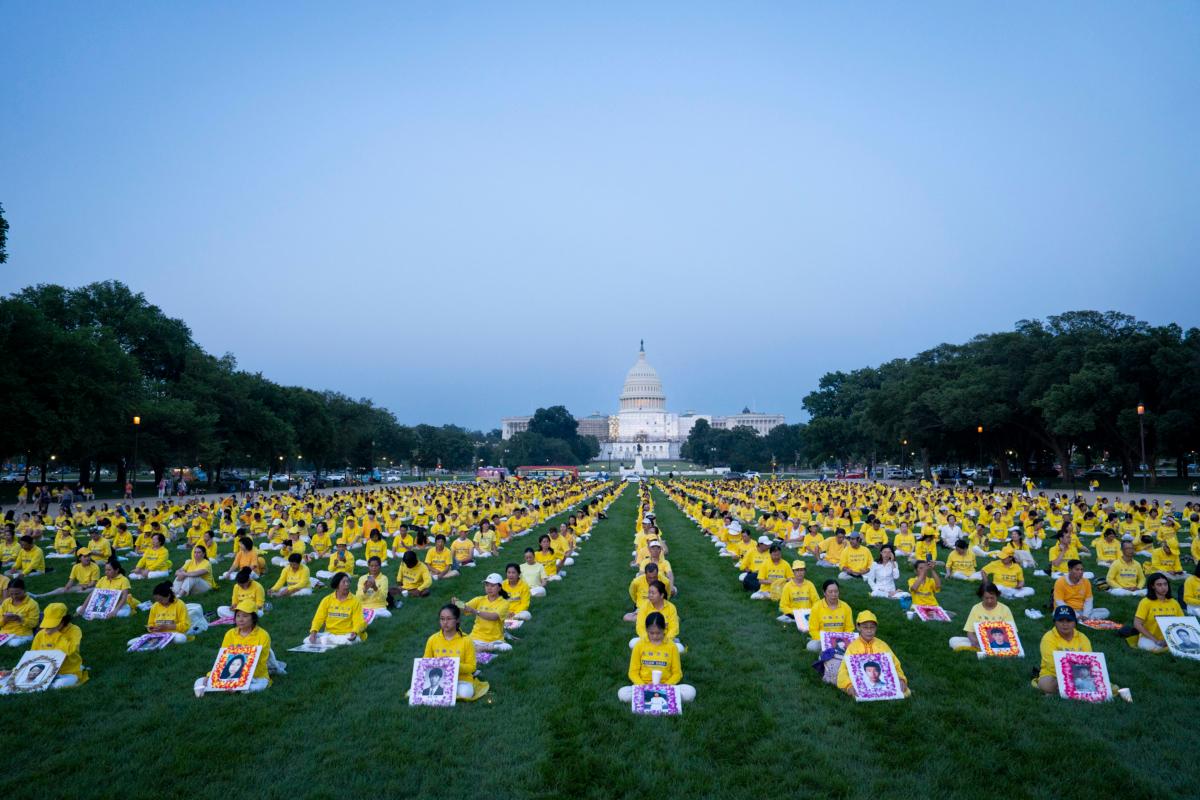
Falun Gong adherents gather at a candlelight vigil in memory of Falun Gong practitioners who passed away because of the Chinese Communist Party's ongoing 24-year persecution of the spiritual discipline at the National Mall in Washington on July 20, 2023. Madalina Vasiliu/The Epoch Times
In May 1992, Falun Gong (also called Falun Dafa) was first taught publicly in China by Mr. Li Hongzhi, once again awakening the Way of living in harmony.
Falun Gong is a spiritual practice of self-cultivation in the Buddhist tradition, and teaches truth, compassion, and forbearance (Zhen 真, Shan 善, Ren 忍 in Chinese)—deemed to be the underlying characteristics of the universe.
It renewed people’s traditional connection to Heaven; to find the divine essence within through meditation and self-cultivation and aligning one’s life with the principles of the universe, or the Way.
It has been brutally persecuted in China since July 1999, which continues today.
Respecting, and protecting, the right of each person to live their life with their chosen spiritual belief, if such belief also respects others, seems respectful to life, liberty, and the pursuit of happiness.
On International Human Rights Day, it is good to reflect on what rights we want to protect for ourselves, and the impact it will have on our children’s future.
Views expressed in this article are opinions of the author and do not necessarily reflect the views of The Epoch Times.


